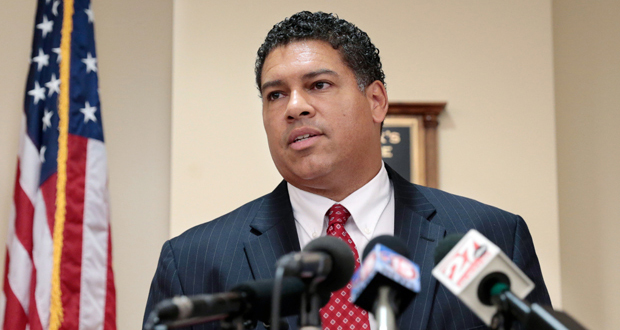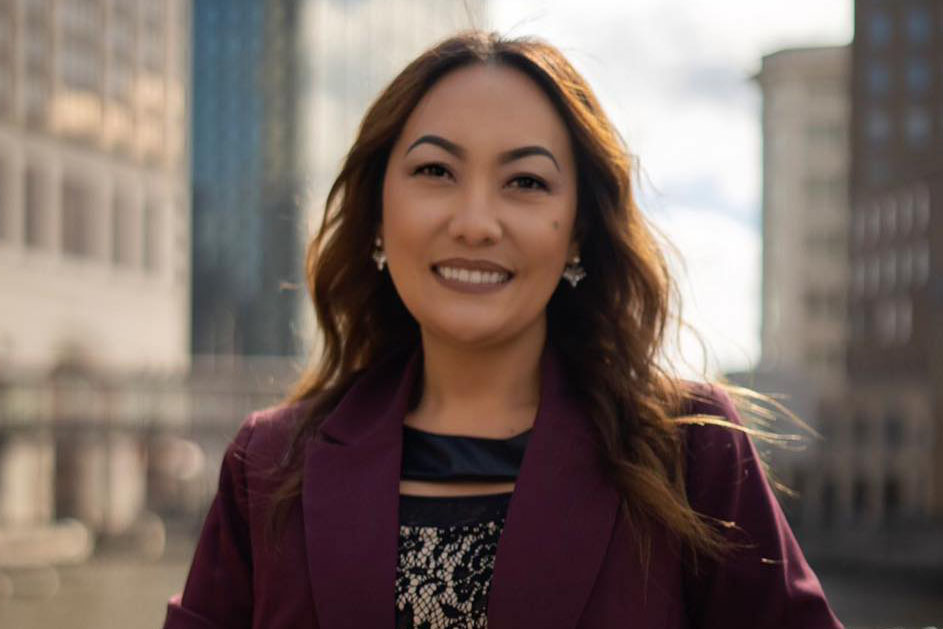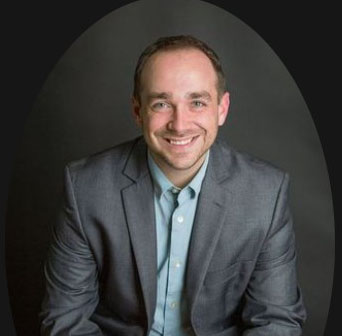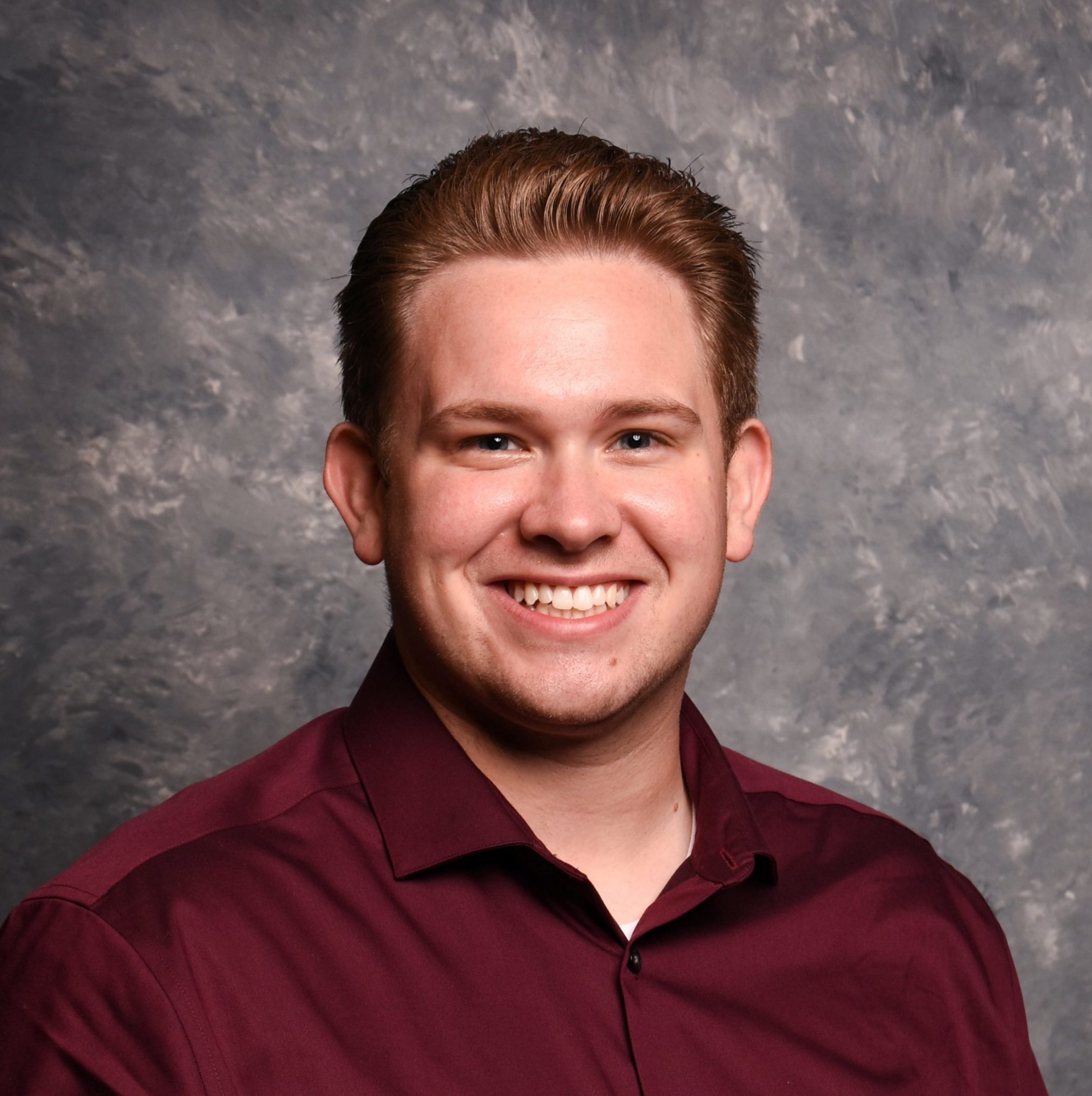Ozanne responds to criticisms, highlights fairness efforts as Dane County DA
By: Michaela Paukner, [email protected]//November 30, 2020//
Ozanne responds to criticisms, highlights fairness efforts as Dane County DA
By: Michaela Paukner, [email protected]//November 30, 2020//

In the past few months, two very strong, but very different, opinions of how Dane County District Attorney Ismael Ozanne is doing his job have emerged.
Ozanne, who was first appointed as Dane County district attorney in 2010, ran unopposed in the November election. He easily won, receiving nearly 98% of the vote, according to unofficial results from the county clerk’s office.
However, in the months leading up to the election, protesters took to his front lawn, calling on him to make changes to a criminal justice system they believe is unfair. In July, a crowd yelled and played music outside his house until 1 a.m. — an attempt to intimidate him, Ozanne said in a press release following the incident.
Ozanne agrees change is needed, but he’s unclear if the protesters have the full picture.
“There are people who will say I haven’t done enough,” Ozanne said. “Do they fully understand everything we’ve done or are trying to do? I don’t know. Is that a failure on our part? At some level, it is because we haven’t been able to communicate that to the community.”
Ozanne said his office has been working toward making the criminal justice system fairer and more inclusive for years.
He made reference to a 2018 study by Dane County Judge Nicholas McNamara that found Dane County prison admissions had decreased by 18% from 2009 to 2017 from what they were in the eight previous years. That same study found a 24% decrease in prison admissions for Black people, which is much greater than the 11% decrease seen for white people.
During his time in office, Ozanne said the county has made more use of its specialty courts and opened a Community Restorative Court for younger offenders. His office also carried out an equity and inclusion plan in October 2019. Ozanne said he’s working with other agencies on a online dashboard to share data about arrests and prosecutions.
“We are making a concerted effort to make sure our employees are conscious of the impacts of the powers of their position and this office and how it interacts with the community and these issues,” Ozanne said.
Ozanne recently talked to the Wisconsin Law Journal about his office’s work to lessen racial disparities in the county and his plans to continue his initiatives in his new term.
Wisconsin Law Journal: What do you see as your role in making the justice system more equitable?
Ismael Ozanne: Historically, our role is reactionary. I think when you start talking about addressing systemic racism and addressing equity and inclusion issues, then the role can no longer just be reactionary. We have to be talking about change and sharing information with the community and awareness.
It’s one thing to make the decision looking at the facts. Do we have the elements of the crime? Can we prove those? You can answer yes to all of those, and then the next question you need to be able to talk about is should you? Is the community safety issue best served by prosecuting this person for this crime or causing this person to receive a criminal conviction that will follow them for some time into the future, if not for the rest of their life? Those are the questions that you need to be able to ask, but you need time to ask that. The hard thing for prosecutors, especially in Wisconsin, is because of the case loads, and because I don’t believe we’re adequately funded across this state for prosecutors, you may not have that time. You lose the ability to truly keep the humanity within the prosecution. You have to see people as people in order to try to address the harm.
WLJ: What is your response to criticism that you haven’t done enough to make the criminal justice system more equitable during your time as DA?
Ozanne: I’m not sure that the people who have vocalized that, at least the people who have protested at my house, truly understand the things we’ve done or are doing. I think some of those people have said that we are lying when we talk about those numbers. I think Judge McNamara’s look into the data shows we’ve had a steady decline in our prison admissions since 2012.
Under my tenure, we’ve increased our specialty courts here in Dane County, brought on a veterans court and an OWI Court. We revamped and expanded our drug court with a precharge model and a post conviction model, as well as created a diversion track for opiate offenders. We created a track in our diversion program for parents who came in for excessive physical discipline of their children, which are usually very strong, felony-level cases. We look to divert those parents if they qualify and hopefully change the behavior that brought them to the criminal justice system in the first place.
That’s the work we have been doing, and I think that’s had an impact. We also worked to create the Community Restorative Court, which is a criminal justice restorative program focused on youthful offenders, 17 to 25, for mainly misdemeanor offenses, but we have sent some felony level cases there when it was appropriate and they had adequate resources to try to make sure they had an impact on racial disparities within the criminal justice system.
WLJ: What do you see as the appropriate staffing level or funding for the Dane County District Attorney’s Office?
Ozanne: I’ve always said we need better funding, and the State took a large step toward that in the last biennium when they brought on 64 prosecutors. But there are some studies that say you need one prosecutor for every 10,000 in population. If that was your equation, then Dane County would be an office of 50 or so prosecutors. We’re just above 1985 staff levels. We had 26 prosecutors at that time, and we’ve just now ticked over that with our two grant positions, so we’re probably over 27 prosecutors with our actual funding. In this biennium, I asked for 11.
We asked the county, in this budget, for a social justice director, so we would actually have one person in this office who doesn’t have a caseload to solely focus on equity and inclusion issues, training for the entire office and our social justice programs. We did not get that position. We also asked for two more victim witness specialists to help deal with the added resources that we’ll have to put forward to comply with the added provisions of Marsy’s Law. We didn’t get those positions either. We will try to focus on serving victims. We will try to also continue our work in equity and inclusion, but right now, everything is backing up (due to the pandemic). Likely by the end of the year, if we haven’t already reached that mark, we’ll have prosecutors with a thousand open cases on their caseloads.
WLJ: How do you think people should think about funding and its impact on social issues?
Ozanne: When we are talking about these larger issues, about equity and inclusion, about protests — let’s take “Defund the Police,” for example. I understand why we might start with that terminology, but we also need to talk about how best we make change within the system.
You may actually need to invest more to have the change and outcomes that you want. And that’s a discussion that I think the community has to have not just around law enforcement, but around every public dollar. We should be talking about every public dollar we have and say, “Are we using it as best we can?” We know early intervention has more powerful and positive outcomes. Can we engage sooner? Can we get resources into the community sooner in a way that supports families and keeps children safe? Adverse childhood experiences impact adult outcomes, and I think the dots are being connected when you see children being brought into the juvenile justice system as either victims or offenders and then creating the slow walk into the adult system. Can we have an impact sooner in order to have the outcome that we want later?
Legal News
- Wisconsin attorney loses law license, ordered to pay $16K fine
- Former Wisconsin police officer charged with 5 bestiality felony counts
- Judge reject’s Trump’s bid for a new trial in $83.3 million E. Jean Carroll defamation case
- Dozens of deaths reveal risks of injecting sedatives into people restrained by police
- The Latest: Supreme Court arguments conclude in Trump immunity case
- Net neutrality restored as FCC votes to regulate internet providers
- Wisconsin Attorney General asks Congress to expand reproductive health services
- Attorney General Kaul releases update at three-year anniversary of clergy and faith leader abuse initiative
- State Bar leaders remain deeply divided over special purpose trust
- Former Wisconsin college chancellor fired over porn career is fighting to keep his faculty post
- Pecker says he pledged to be Trump campaign’s ‘eyes and ears’ during 2016 race
- A conservative quest to limit diversity programs gains momentum in states
WLJ People
- Power 30 Personal Injury Attorneys – Russell Nicolet
- Power 30 Personal Injury Attorneys – Benjamin Nicolet
- Power 30 Personal Injury Attorneys – Dustin T. Woehl
- Power 30 Personal Injury Attorneys – Katherine Metzger
- Power 30 Personal Injury Attorneys – Joseph Ryan
- Power 30 Personal Injury Attorneys – James M. Ryan
- Power 30 Personal Injury Attorneys – Dana Wachs
- Power 30 Personal Injury Attorneys – Mark L. Thomsen
- Power 30 Personal Injury Attorneys – Matthew Lein
- Power 30 Personal Injury Attorneys – Jeffrey A. Pitman
- Power 30 Personal Injury Attorneys – William Pemberton
- Power 30 Personal Injury Attorneys – Howard S. Sicula











